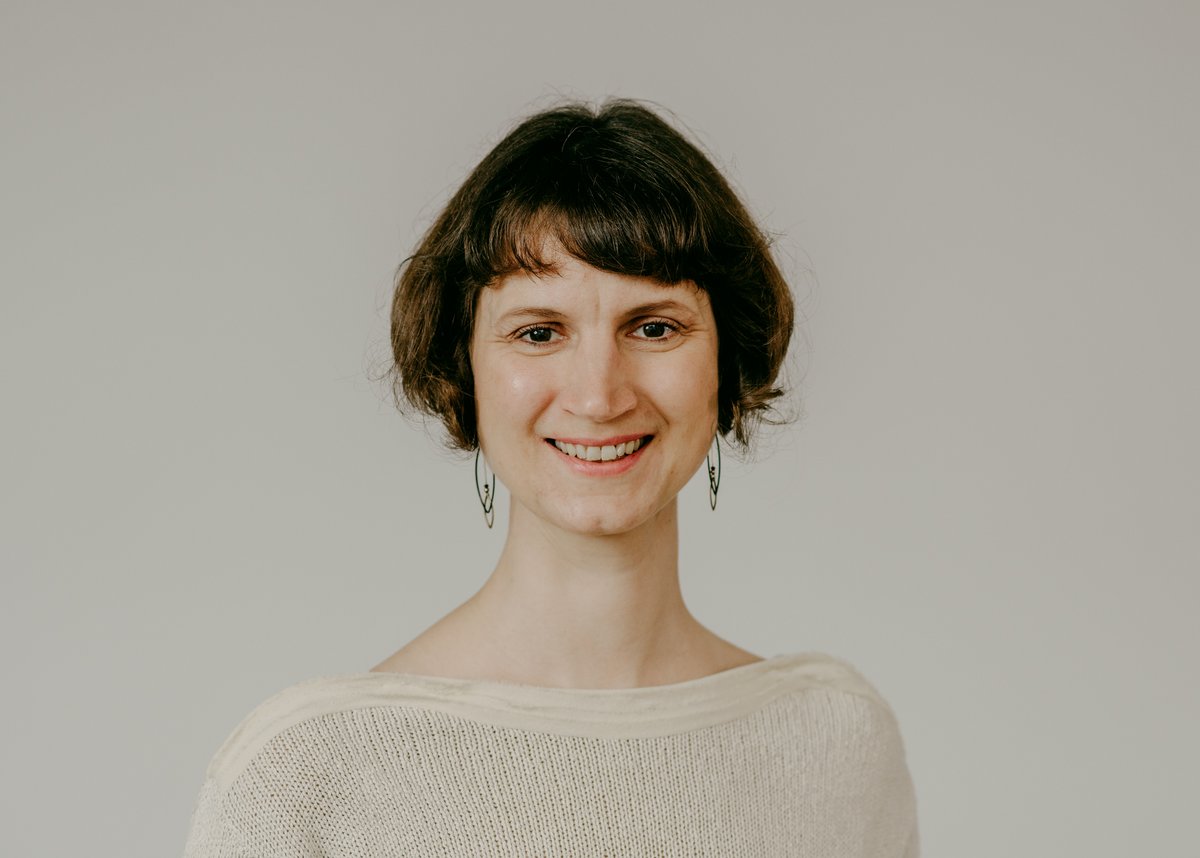1. Why are you interested in studying inequality?
In my view, growing inequality is one of the most urgent problems in society: It threatens social cohesion and our democracy. This is becoming clearer than ever, especially in the current Corona pandemic, for example in the area of education.
2. What are you working on?
I am currently working with colleagues from the cluster on the PerFair project to investigate how children and young people perceive inequalities at school and in society, how fair they experience school and society to be, and whether perceptions of inequality and fairness have an impact on how they engage at school or politically.
3. How did you end up here?
I was drawn to research in my first week at university: Prof. Baltes, then director of the Max Planck Institute for Human Development (MPI), gave such an exciting introductory lecture that I felt: this is what I want to do professionally. In the second semester, I then started an internship at the MPI.
4. Recent highlight?
At the beginning of December, our pilot study for PerFair finally started and we could interview the first young people about their perceptions of inequality. I am already very excited about the results!
5. Dream research project?
Actually, we already know a lot about how to reduce inequalities in society. My (hopefully not unrealistic) dream is that these research findings will be taken up and implemented more in practice - especially in education. A close exchange between science, politics and society is central to our democracy. I appreciate that the cluster also acts as an enabler for this dialogue.
Prof. Dr. Axinja Hachfeld is a Professor at the Department of Empirical Educational Research at the University of Konstanz and PI at the Cluster of Excellence "The Politics of Inequality", where she is part of the project "Students' Perceptions of Inequality and Fairness (PerFair)". Her research interests include - among others - teachers’ beliefs on (cultural) heterogeneity, (pre)school-parent-partnerships in heterogeneous contexts and (early childhood) education and social (in)equality.

